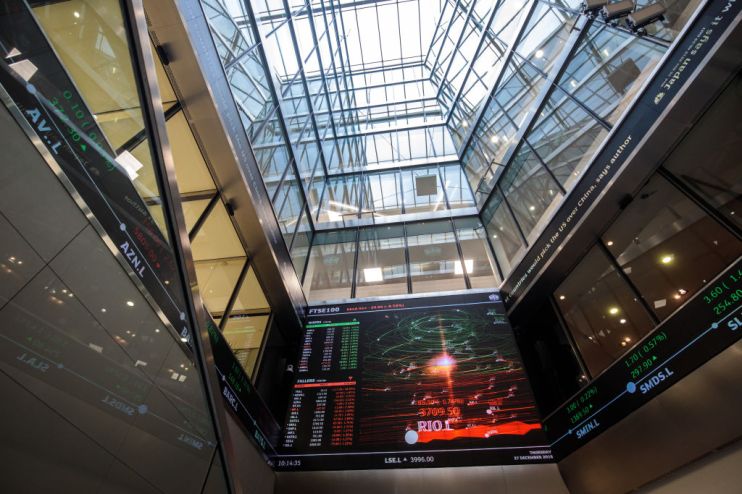A quarter of FTSE companies faced shareholder dissent in 2019

Investors cranked up the pressure on British companies last year, with a quarter of firms on the FTSE All-Share hit by shareholder dissent, according to new figures.
Some 158 of the 641 firms on the index experienced significant investor rebellions in 2019, with executive pay and the re-election of directors among shareholders’ biggest concerns, according to data released today by the Investment Association (IA).
The IA, a trade body representing the UK’s asset management industry, tracks dissenting votes over 20 per cent at companies’ annual general meetings (AGM) on its public register.
The figure for 2019 represents an increase of over five per cent on the previous year, when 150 companies were hit by shareholder dissent.
Companies have come under sustained pressure from investors to act on issues such as high executive pay and pensions, climate change, and the repeated re-election of the same directors.
Barclays is facing what is thought to be the first ever climate-related shareholder resolution at a European bank at its AGM in May, with a group of shareholders demanding the lender cuts its financing of fossil fuel firms.
Last month, it emerged that FTSE 250 publisher Future was facing an investor backlash over the pay packets of its chief executive and finance director after an influential proxy adviser urged shareholders to vote down its pay policy.
Executive pay topped investors’ concerns in 2019, with 62 companies appearing on the IA’s register for pay-related resolutions. Some 31 FTSE 250 firms were listed on the register for this reason, an increase of over 29 per cent on the previous year.
Andrew Ninian, the IA’s director for stewardship and corporate governance, said the figures showed that investment managers were “keeping up the pressure on companies to align executive pay with their long-term strategy”.
“With a quarter of FTSE All-Share companies ending up on the register in 2019, investment managers will be paying close attention this year when companies bring their pay policies to the table to see whether they’ve heeded the high levels of dissent.”